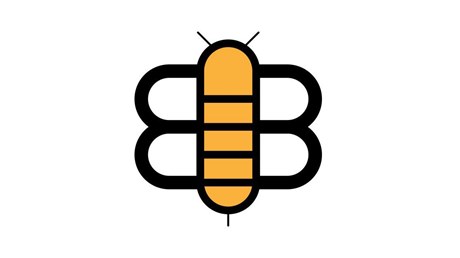The truth is, parsing political parody on the internet isn’t straightforward.

In July, the website Snopes published a piece fact-checking a story posted on The Babylon Bee, a popular satirical news site with a conservative bent.
Conservative columnist David French criticized Snopes for debunking what was, in his view, “obvious satire. Obvious.” A few days later, Fox News ran a segment featuring The Bee’s incredulous CEO.
But does everyone recognize satire as readily as French seems to?
Our team of communication researchers has spent years studying misinformation, satire, and social media. Over the last several months, we’ve surveyed Americans’ beliefs about dozens of high-profile political issues. We identified news stories—both true and false—that were being shared widely on social media.
We discovered that many of the false stories weren’t the kind that were trying to intentionally deceive their readers; they actually came from satirical sites, and many people seemed to believe them.
Fool me once
People have long mistaken satire for real news.
On his popular satirical news show The Colbert Report, comedian Stephen Colbert assumed the character of a conservative cable news pundit. However, researchers found that conservatives regularly misinterpreted Colbert’s performance to be a sincere expression of his political beliefs.
The Onion, a popular satirical news website, is misunderstood so often that there’s a large online community dedicated to ridiculing those who have been fooled.
But now more than ever, Americans are worried about their ability to distinguish between what’s true and what isn’t and think made-up news is a significant problem facing the country.
Sometimes satire is easy to spot, like when The Babylon Bee reported that ...
from Christianity Today Magazine https://ift.tt/2Nrg4eL
No comments:
Post a Comment